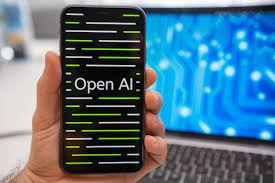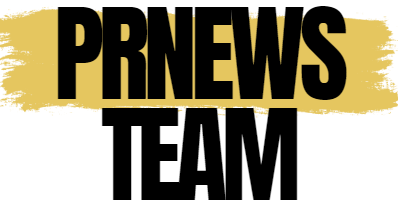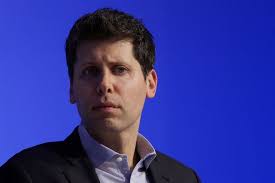In a surprising twist in the world of artificial intelligence, Sam Altman, a towering figure in the field, bids farewell to OpenAI Inc.
The company’s board cites concerns about Altman’s candor, claiming it hindered their ability to fulfill their duties, ultimately eroding their confidence in his leadership.
The departure marks the end of Altman’s influential stint with OpenAI, leaving behind questions and a void to be filled by a new leader.

The board’s statement underscores that Altman’s exit follows a thorough review process, revealing inconsistencies in his communication with the board.
This lack of transparency, according to the board, impeded their oversight responsibilities, leading to a loss of confidence in Altman’s capacity to steer OpenAI.
The departure, though abrupt, prompts the company to look to the future, aiming for a seamless transition.
Murati, who joined OpenAI in 2018 and assumed the role of Chief Technology Officer (CTO) last year, is set to take the reins temporarily.
The board expresses confidence in Murati’s qualifications, citing her extensive tenure and multifaceted involvement with the company.
Her experience in AI governance and policy positions her as a suitable interim leader, offering stability while the board embarks on a formal search for a permanent CEO.
Greg Brockman, a co-founder and chairman of the board, concurrently announces his departure from the board post.
However, he will continue to serve as the president of OpenAI, maintaining a key leadership role within the organization.

Brockman’s dual role adjustment signals a strategic move to navigate the evolving landscape at OpenAI.
OpenAI, a heavyweight in the AI world, has been making headlines not just for Altman’s departure but also for its ongoing talks about selling employee shares to investors at a staggering valuation of $86 billion.
If realized, this valuation would catapult the company into the ranks of the largest startups globally. Despite the internal shake-up, OpenAI’s financial prowess and market influence remain formidable.
The company, founded in 2015, gained significant traction with the release of ChatGPT approximately a year ago.
This product ushered generative AI into the mainstream, sparking widespread interest in the capabilities of AI technology.
With around 100 million users engaging with ChatGPT weekly, OpenAI has secured a prominent position in the AI landscape.
Notably, over 90% of Fortune 500 businesses are actively building tools on OpenAI’s platform, underlining its substantial impact on corporate AI adoption.
Generative AI, the technology at the heart of OpenAI’s success, involves training on vast datasets to produce human-like content, spanning images, text, and code, upon prompt.
OpenAI’s popular products, including ChatGPT and DALL-E, showcase the transformative potential of generative AI and have played a pivotal role in driving the company’s success.

While OpenAI continues to enjoy widespread adoption and success, it faces mounting competition from well-funded rivals, including products developed by startups and tech giants like Alphabet Inc.’s Google.
The AI landscape is evolving rapidly, with innovation and competition pushing companies to continually enhance their offerings.
Altman’s departure, against this backdrop of financial prowess and technological innovation, raises questions about the internal dynamics at OpenAI and the company’s ability to navigate the competitive AI landscape.
The board’s quest for a new CEO and the continued leadership of Brockman and Murati will shape the narrative of OpenAI’s next chapter, as it strives to maintain its position as a trailblazer in the world of artificial intelligence.

